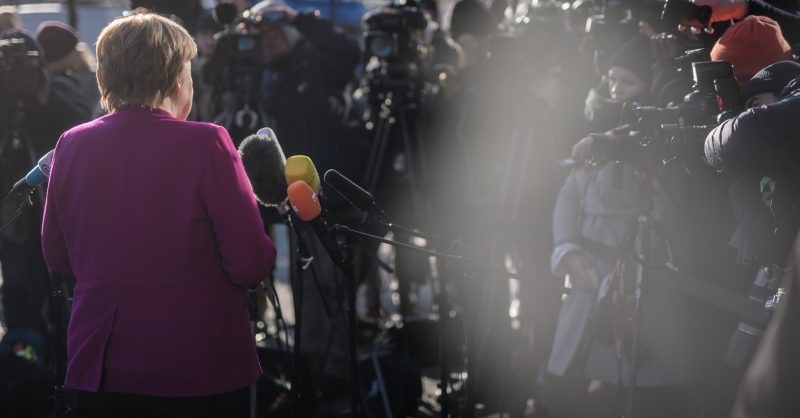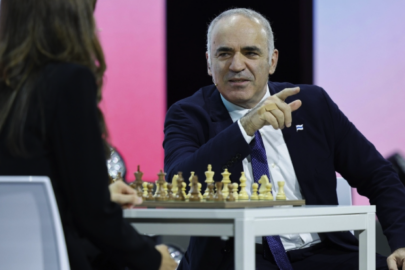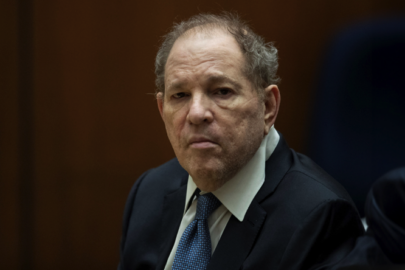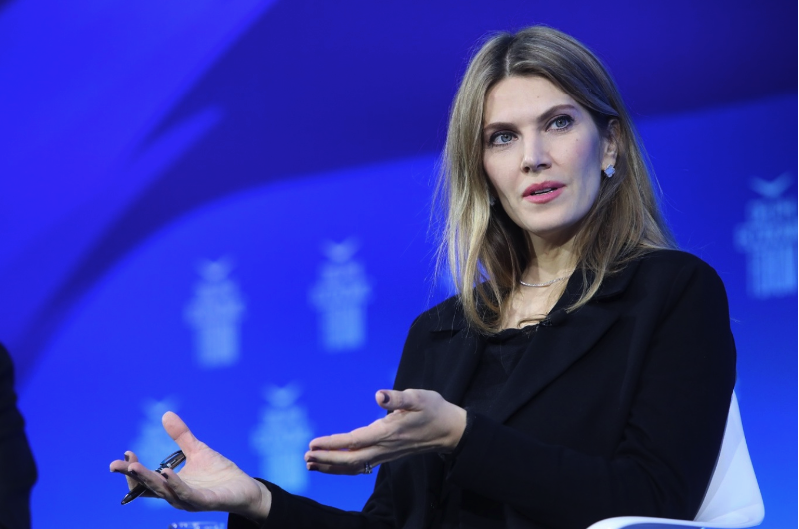German Chancellor Angela Merkel said yesterday (6 February) she was ready to make “painful compromises” as negotiators from her conservative bloc and the Social Democrats (SPD) rushed to clinch a coalition government deal after months of political uncertainty.
Both sides had billed Tuesday as “decision day” but were still negotiating late into the evening on the stance of any future coalition on reform of the healthcare system and job contracts.
Merkel’s failure to cobble together a government more than four months after a national election has raised concerns among investors and its allies at a time when Europe is facing multiple challenges – including the need for eurozone reform and Britain’s departure from the EU.
“Each of us will have to make painful compromises and I am ready for that,” Merkel told reporters.
“When we see the movements on the stock markets over the last hours, we live in turbulent times and what is expected of us as popular parties … is that we form a government for the good of the people, one that brings stability,” she said.
Germany could face a new election or an unprecedented minority government if SPD members – who must approve any final coalition deal – vote it down.
Two negotiating sources later said the parties had come closer together over health policy, but Hans Michelbach, another senior CSU member, cautioned that the talks would probably last a “very, very long” time.
Narrowing differences
The SPD wants to replace Germany’s dual private-public healthcare system with one health insurance for everyone and to ban short-term employment contracts imposed by employers without justification. The conservatives oppose both SPD demands.
The SPD has promised its members it will seek improvements on the two issues compared with a coalition blueprint agreed in January and is keen to show them it has made progress.
Sources involved in the talks said proposals discussed earlier to let companies write down digital investments would not appear in a coalition agreement, along with proposals to progressively abolish Germany’s air transport tax.
The two blocs also took an unusual swipe at Israel over its building of settlements on occupied Palestinian land, according to the copy of a draft seen by Reuters, but added: “Israel’s right to exist is irrefutable for us and a pillar of German politics.”
German governments have made strong relations with Israel a priority since World War Two when six million Jews were killed by the Nazis. But relations have grown tense in recent years as Germany questioned Israeli Prime Minister Benjamin Netanyahu’s commitment to a two-state solution with the Palestinians.
Germany has had a caretaker government since the 24 September election returned no clear outcome and even if the parties agree to a coalition deal, the SPD’s roughly 464,000 members will get the final say on whether to go ahead.
SPD qualms
The SPD, which had initially vowed to rebuild in opposition, has seen an influx of new members hoping to get a chance to have their say on any coalition agreement, with more than 24,000 new members joining since the beginning of the year, SPD General Secretary Lars Klingbeil said.
The SPD’s youth wing, which opposes another ‘grand coalition’, had urged people to join the SPD to prevent the party forming another alliance with Merkel. 6 February was the cut-off date for people to join the party if they wanted to vote.
The Rheinische Post newspaper said the Constitutional Court was examining five complaints about the legitimacy of the SPD members’ ballot. A spokesman for the court said two of the five complaints had been rejected.
In 2013, the court rejected an injunction that sought to stop a similar ballot by claiming it was unconstitutional to give SPD members more say than other voters.
The SPD campaigned last year for “a better and fairer Europe”. Its leader Martin Schulz on Monday lauded an agreement his party and the conservatives reached that he said included “an investment budget for the eurozone and an end of forced austerity!”
But Schulz made no specific mention of any plans to advocate for more powers and responsibilities for the European Stability Mechanism euro zone bailout fund, as was envisaged in a coalition blueprint agreed on 12 January.
Some conservatives fear that rushing ahead with European integration would be too costly to German taxpayers – concerns fuelled by former European Central Bank chief economist Otmar Issing, who described the January coalition blueprint as “a farewell to the idea of an EU aimed at stability”.
An Insa poll on Monday showed support for the SPD dropping to 17%, below its election result of 20.5%. The conservatives slipped to 30.5%, suggesting there would be no majority for a grand coalition if an election were held now.
AfD just two points behind SPD in latest Bild/INSA poll, which also sees the “grand” coalition (CDU, CSU, SPD) fall below 50%. https://t.co/ZevonSgwnd pic.twitter.com/TiWCVzrr9q
— Jeremy Cliffe (@JeremyCliffe) February 5, 2018
Only 2 points now separate SPD and AfD. I wonder if this will encourage SPD members to vote against any renewal of Grand Coalition with CDU/CSU, which would make AfD main opposition …. https://t.co/GV786Ph0U2
— Andrew Neil (@afneil) February 5, 2018
Source: euractiv



































